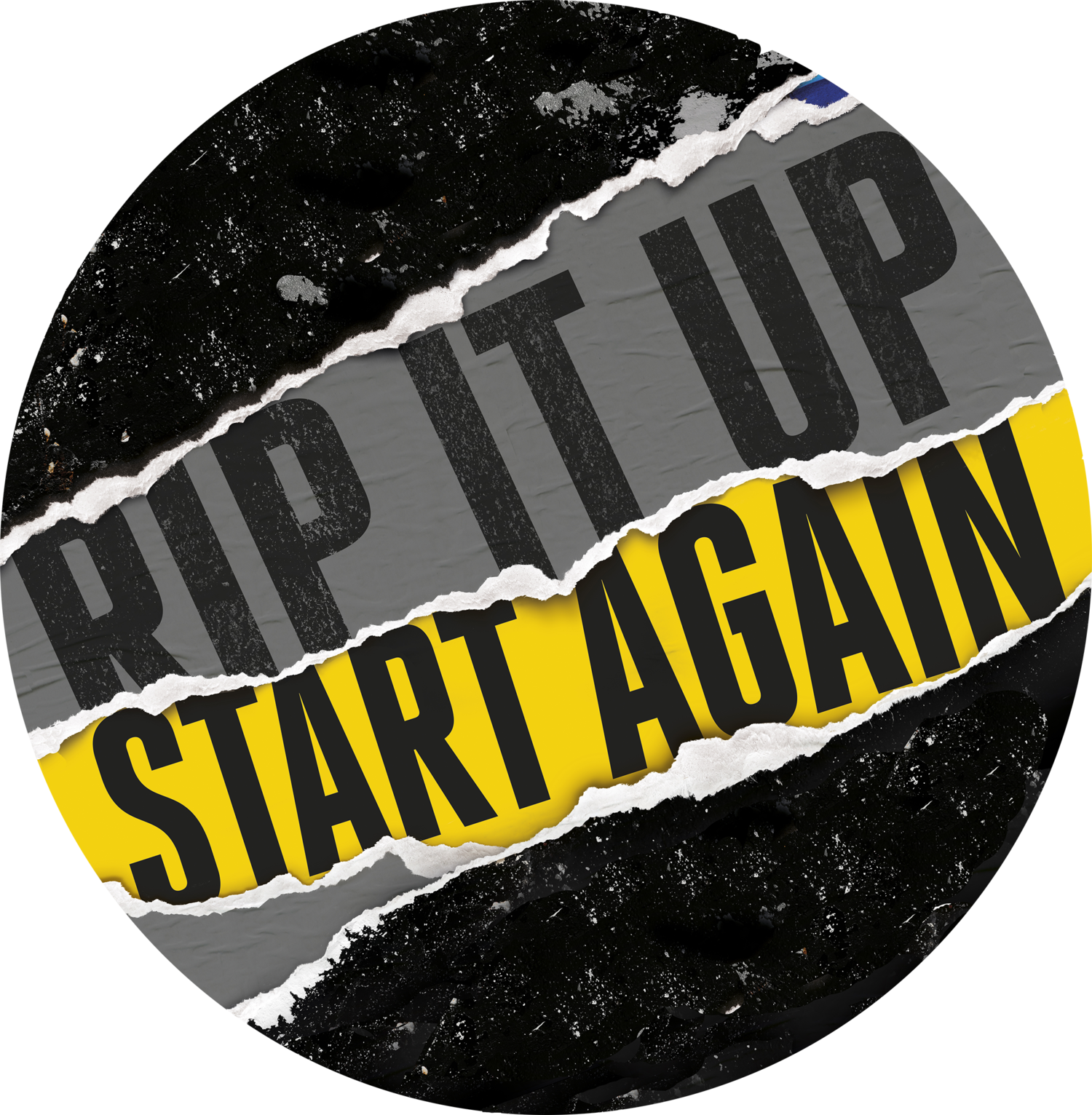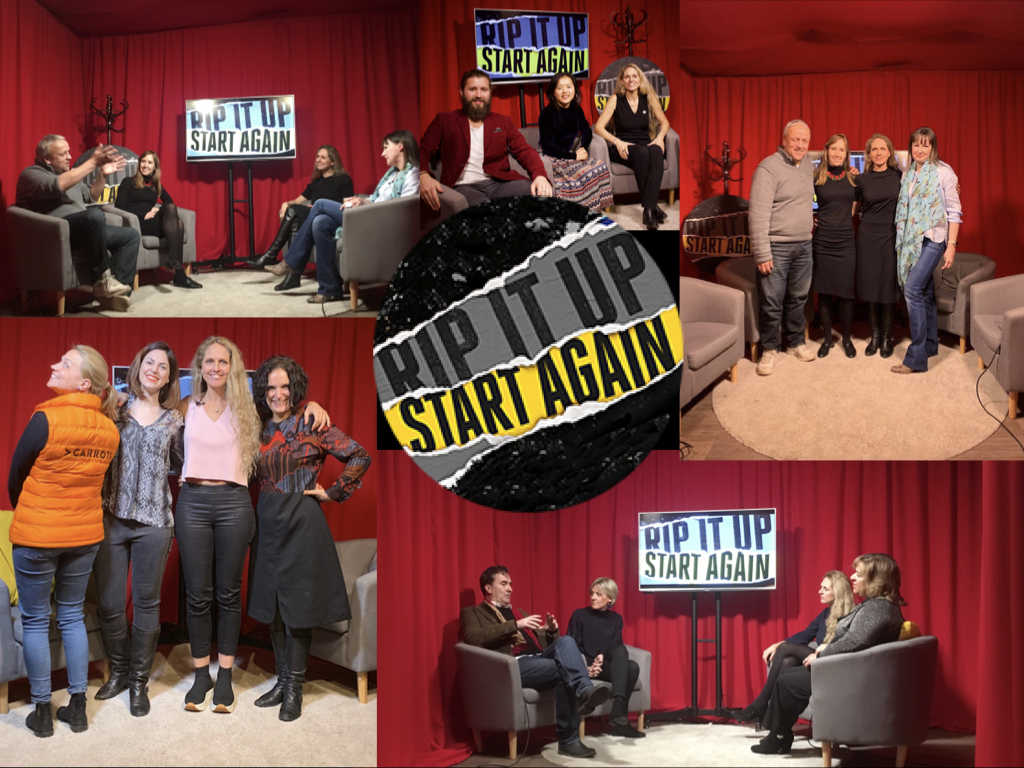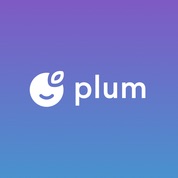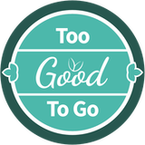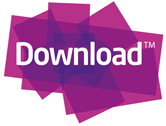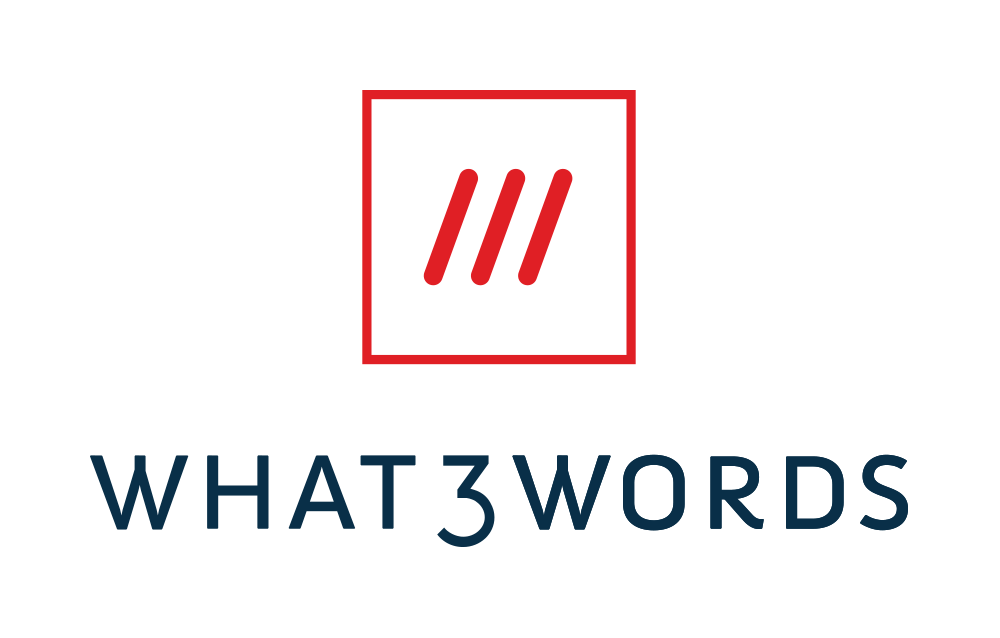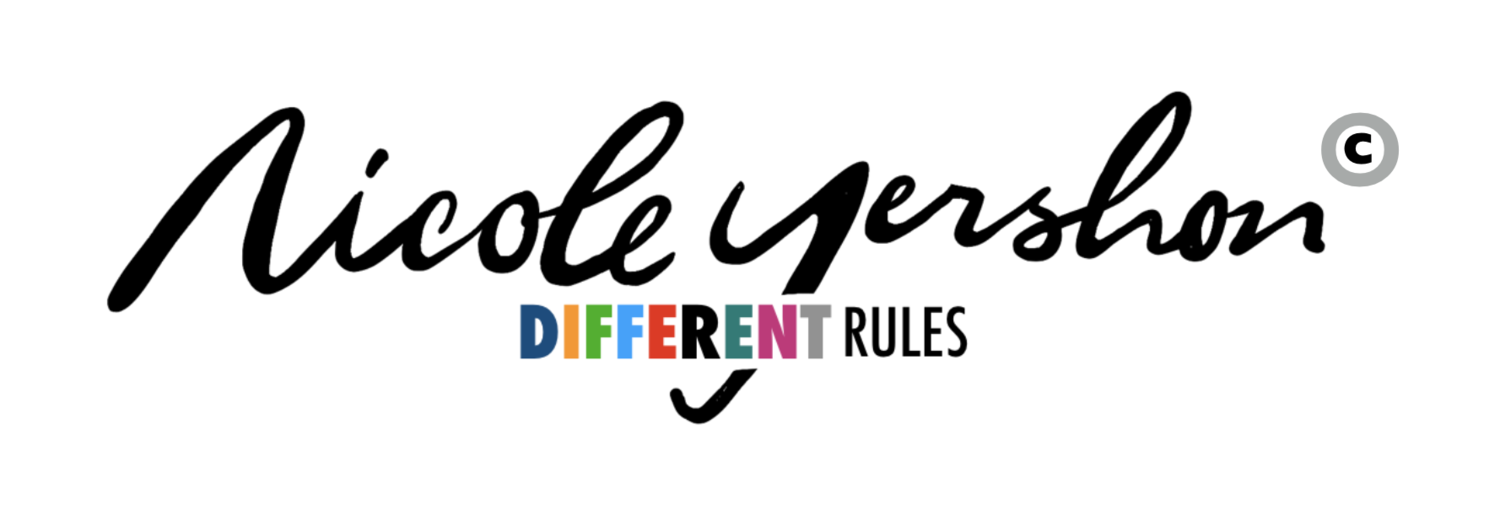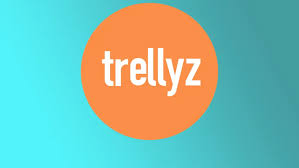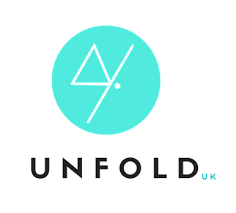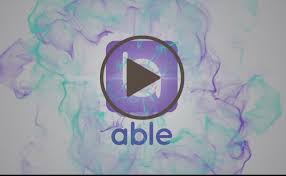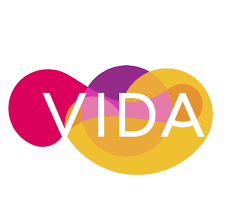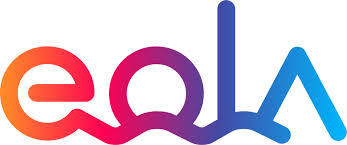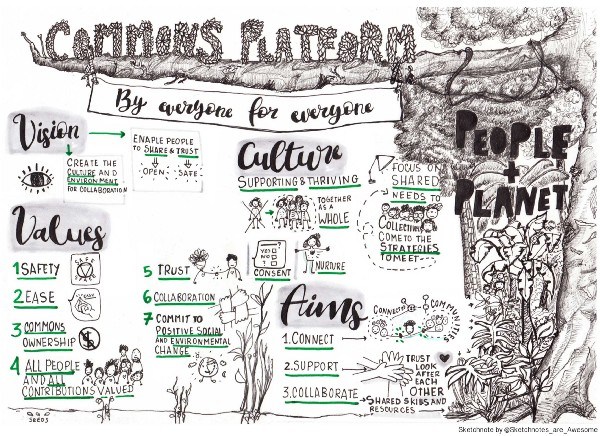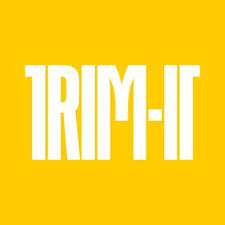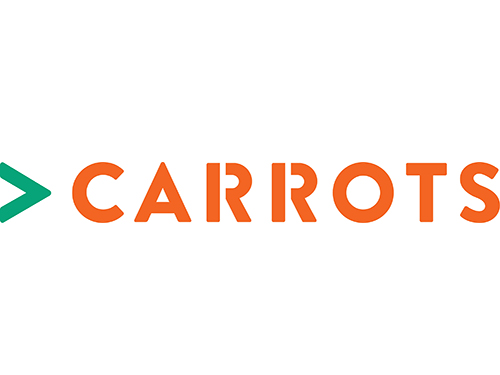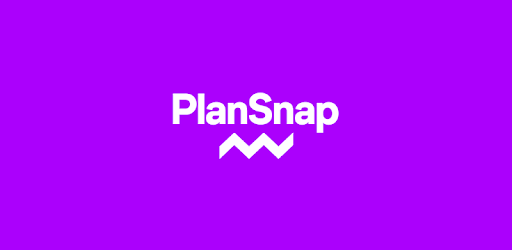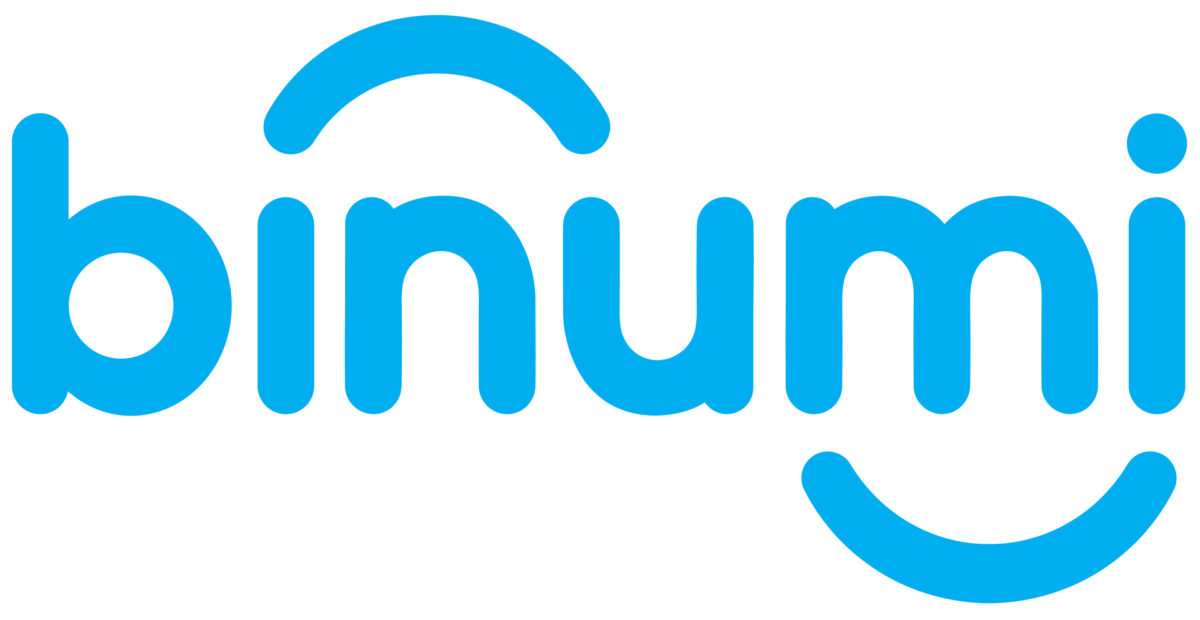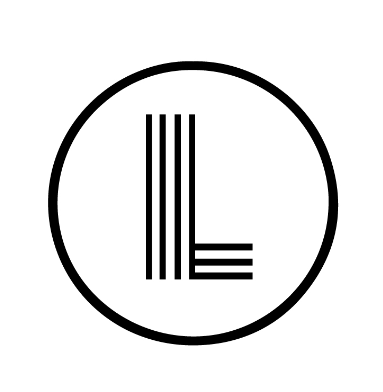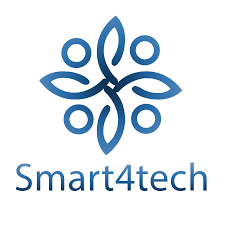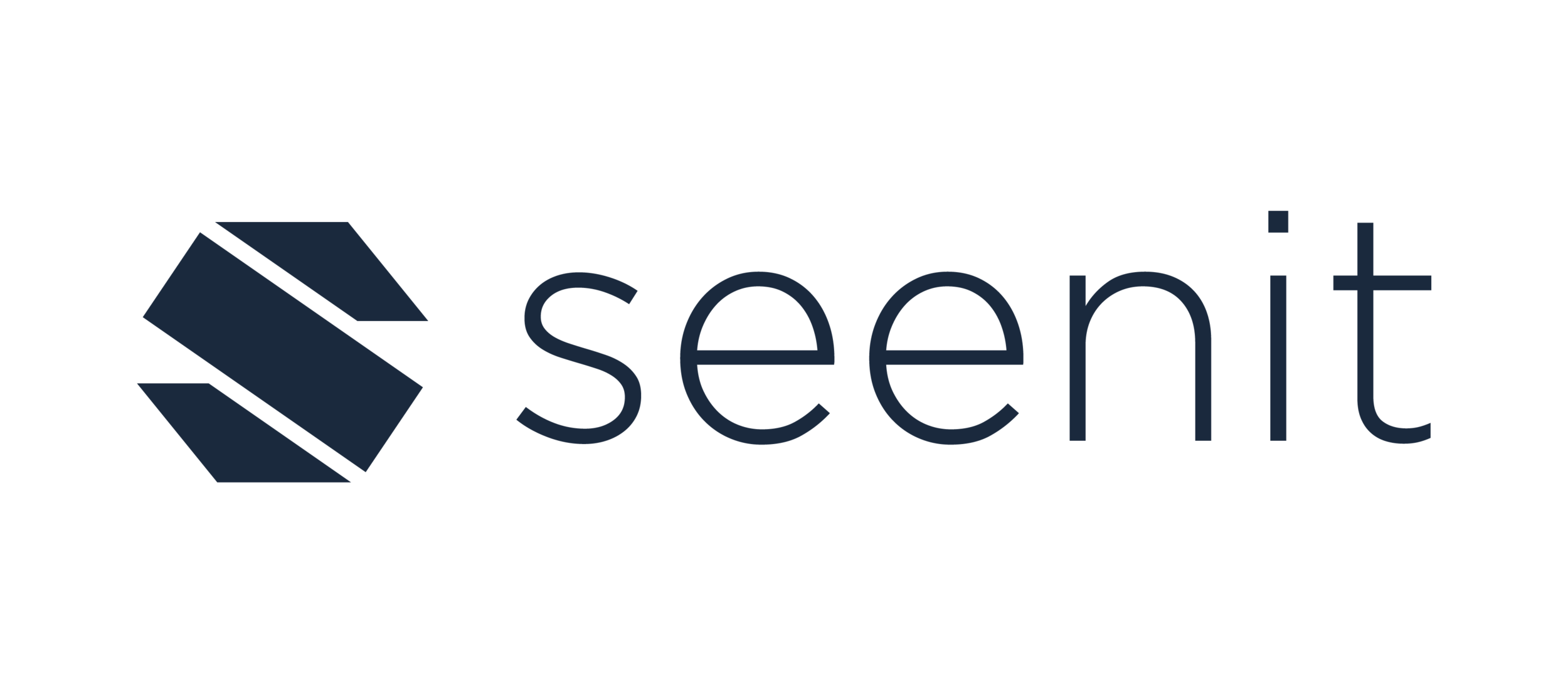Round 8: Melting IceCubes | binumi | Open Blend Method
/Rip It Up, Start Again have partnered with Disruptive.live to bring you disruptors stories from some of the most exciting startups. Hosted by Lulu Laidlaw-Smith, this televised event includes a series of five-minute overview and backstory from entrepreneurs followed by an interactive Q&A. At the end of the episode, viewers get to vote for which startup they would invest in.
SPEAKER #1 Molvia Maddox | Melting IceCubes
Molvia is the founder of Melting IceCubes, the newest hub for people seeking out answers to the health-related questions affecting themselves and their families. For Molvia, her health journey began 21 years ago when her daughter, then aged eight, was diagnosed with a degenerative, genetic disease, Freidreich’s ataxia; a diagnosis Molvia had to fight for. The family realised this was not something that their daughter/sister would simply go through alone — it would have an impact on them all. Since then, Molvia has had to negotiate managing her family of four children and a career, alongside such a dis-habilitating condition. Daily life becomes a constant struggle. Society is seemingly built for the 80%, with nods at inclusion and accessibility. Krystie, Molvia’s daughter, must take things into consideration that the average person does not. Getting the tube in a wheelchair; getting a bus in a wheelchair; having a taxi accept to pick you up in a wheelchair; being able to go to restaurants or shops in a wheelchair. Not only does everyday life become difficult, but medical life is even more of a challenge. From the very beginning, Molvia found that keeping all of her daughter’s doctors and specialists in order was confusing and frustrating. None of them were in the same place, nor did they communicate with each other. Molvia realised that the thing she needed most was community. A place where her and her family could learn from others and share their story, a chance to live a life while also managing disease and impairment. Melting IceCubes is just that; a space for people to tell their stories, to join together in the good and the bad, and to provide each other with the support necessary to manage life from day-to-day. Using AI and machine learning, Melting IceCubes has the potential to become the main source for anyone looking to centralise the tools they need to move on, and with, their illnesses. Find out more at https://meltingicecubes.com/.
SPEAKER #2 Anthony Copping | binumi
Anthony grew up obsessed with African tribal culture — his childhood bedroom was filled with posters and books from all over the world. Cultures and histories fascinated him, especially those of Papua New Guinea. In his 20s whilst working in the music industry, Anthony set out to see these places for himself, using his background to start recording the languages and music of the tribes he met. For 20 years he travelled the world, ending up in some of the most remote places on the planet seeking out culture and most importantly, stories. After having National Geographic follow him around the world, filming him and creating documentaries around his travels, Anthony ended up in New York, and realised that his viewer base was starting to creep up in age. 30s, 40s, 50s — where were the young people? Why weren’t they interested in learning about countries and cultures and stories anymore? After getting into the schools and seeing the kids had no interest in watching the documentaries, he decided to give editorial control over to the kids. Let them have a chance to play with the video clips, the audio, the way the stories were told. Suddenly there was excitement again. Anthony realised this was how he could get kids inspired by stories again — giving them the tools to tell their own, and re-tell others’. He spent four years building up a library of 4 million clips from around the world, and then launched binumi, a platform that allows its users to embark on their own video storytelling journeys that is secure and simple. Currently based in 12 countries around the world, Anthony and binumi have recently signed an educational deal with Encyclopedia Britannica which will bring even more storytelling resources to children around the globe. Through binumi, Anthony is giving a voice to everyone, from student to large corporation, to tell their story. Find out more at https://www.binumi.com/.
SPEAKER #3 Anna Rasmussen | Open Blend Method
Open Blend Method provides people managers the tools they need to ensure that their teams are thriving in the workplace, while also maintaining a strong sense of well-being in their everyday lives. Coming from a background in leadership and coaching, Anna spent 15 years splitting her time between working one-on-one with individuals, and going into organisations to give managers the training they needed to work best with the people they managed. With the way technology has evolved, the way our lives intersect with work has also changed. Smartphones are always with us, giving us access to work emails, client phone calls, meeting notes — all the things that were once left in the office, are now in our pockets 24/7. Anna began noticing a pattern in the clients she worked with. The work-life balance they had created was starting to have a negative impact on their performance. In truth, there was no more balance. To Anna, it made sense to shift the mindset and give it back to the client, flipping the perspective in order to help them make sense of what they needed. Taking a circle and splitting it into eight segments, Anna asked her clients to fill the spots in with the eight things that they felt were most important to focus on in their work lives. Once she narrowed down the eight, she had them score how fulfilled they were with it currently, and where they’d like to be in an ideal world. Anna was now faced with her task: how to close the gap between where her clients were and where they wanted to be. This tool became what she called the Work/Life Blend — and her clients responded to it in earnest. It felt like a lightbulb moment, allowing her to move the conversation into the workplace between managers and people. A manager shouldn’t just focus on the goals of the person, but the whole person. After putting her tool through extensive research, and then creating a prototype that launched in beta at the ad agency MediaCom, Open Blend was ready to break into workspaces, giving managers the tools they needed to become the coaches their teams needed. With clients such as Lacoste, Avios and M&C Saatchi, Open Blend Method is the future of performance management, focusing on an individual’s work/life drives, their well-being, and 360 feedback. Find out more at https://www.openblend.com/.
Q&A HIGHLIGHTS
On problems solved...
Molvia Maddox: “I think that…[Anna] talking about being at work, you bring your whole self to work, if I just take that example, you know, being at work, and your colleagues, everybody at some time is encountering a health issue. It might be their own, it might be their family, it might be a best friend, it might be one of their work colleagues in the office, and as I say, what you need to be able to do is move on with your life in spite of that, and with it. What we as a society have done, I think, is take health and put it in a box that we consider separate, you know, you go to the hospital, you go to the doctor, and also the language that we use…you have to learn a whole new language. I think that people get very scared about health because it’s so important, and I think what our platform enables people to do is to get a handle on it, is to get underneath the skin of that conditional challenge, and understand what it is, and also it enables them to connect with other people. When you are facing those challenges, you actually do look around for support. So I think the social element of our platform enables people to connect.”
Anna Rasmussen: “The big problem that we’re solving is that the world has changed and businesses need to keep up. We live in this fast-paced, 24/7, multicultural tech generation, and annual appraisals, six-month appraisals, are just no longer fit for purpose. We bring our whole selves to work, we need to be having regular, on-going dialogue about everything that impacts our life in our world, and businesses need to keep up with that. So, I think maybe as a result of businesses maybe not keeping up with that, businesses are faced with three major challenges: one is attrition, the other is engagement, and the other one is productivity. And these stats are all going in the wrong direction. Attrition’s at a six-year high, engagements at an all-time low, and in the UK, despite us working the longest hours, our level of productivity is significantly below that of the G7 average. So what needs to be done to address that? It has to come at people management level where people are having conversations with their direct reports about the things that are really important to them, that’s going to enable them to thrive and be the best version of themselves. We work with very forward-thinking, progressive businesses that actually are very people-centric, and they recognise the importance of people managers in addressing those areas, so a lot of businesses feel very comfortable chucking a load of money at pool tables, beers on Fridays, bean bags to try and address all of that, but we did our own research and actually only 20% of the solution to reach your potential sits with the macro-initiative and 80% of it sits with the direct manager. So Open Blend enables that conversation to take place between a manager and a direct report. People, since using the tool, 89% are more engaged with their role, there’s been a 19% uplift in fulfilment and performance goals, and also 5% increase in attrition. So it’s working.”
Anthony Copping: “I just think it’s profound, what’s happening, is still happening. I often talk about writing, it’s like when books came they were the purveyors, the writers, the authors, who were allowed to write books, anyone else could faintly learn how to read, and it was a century before anyone could learn how to write, and people would do crosses for their signature. And I think in the medium of video, we’re now starting at that early stage and so this incredible consumption race has happened, I mean people watching videos, consuming videos, the engagement levels are so incredibly high that we’ve got this problem that you know we can watch videos but actually people can’t make them and, okay, they can capture a cat falling down on Youtube but that’s not really a story and that doesn’t really have a purpose, apart from a laugh and nothing against it, but in terms of making a video that might mean something by, you know, making a video that helps you learn, make a video that might make you feel better, make a video that might talk about our culture or your village or your family, or whatever it is. Making those stories, that’s becoming to be open but it still pervade by experts and, you know, one of the great things that’s happening on our platform is we have kids from very poor, remote communities using our platform to tell stories. It’s becoming a level playing field in this new medium which is video. They’re able to be creators alongside any child on the planet.”
On trust...
Molvia Maddox: “I think for us, you know, thinking about the principles of social link data, solid development, I think that we’re asking people to tell their story and be open and be true and authentic, and that is quite a scary thing to do and we hope that people are going to trust us with that.”
Anna Rasmussen: “Technology enables people to work anywhere at any point which means there’s much more flexible working going on, people working from home, but the downside to that, people are feeling disconnected or they’re losing that sense of belonging at work, or they’re losing that connectivity, so I think our Open Blend is a way of reconnecting the workforce. Also, there’s five generations in the workforce for the first time ever at the moment, and all those generations are so vastly different, and a manager, direct report relationship, they tend to cross over those generations, it’s about connecting people who maybe look at the world in a completely different way. Coaching, by its very nature, is about building rapport and trust and transparency and honesty, and what Open Blend is doing is enabling those conversations, whether they’re remote or face-to-face, to take place on a regular basis, so actually, trust underpins everything.”
Anthony Copping: “It’s just the mystery of video, people think it’s this complex thing, and what we’ve done on this platform is democratise it, probably not a good way in today’s world, but you know, we’ve tried to make video available to everybody to say, ‘look at it! It’s just a medium!’ Don’t make it complicated, don’t make it romantic. Our platform, we have easy ways to make videos, ways to deepen videos. I think what’s magic about this is we create ecosystems for communities, so we may have an ecosystem for a school, so a school may want students to share videos within the school, a corporate may want to share videos within the corporation but they don’t want the videos to go outside, although some people may want it to go outside, so I can control that, maybe the media person. Permission controls…we have built, probably, it might be a bit arrogant to say, but I really do think we thought through that so much because once you get over the idea that people can write a book then you say, ‘okay, well what do they do with all those pieces of essays and papers and letters, how do they share them and what’s the rules, and you know, what’s the process of that? I think the biggest thing is that people in this, sort of security, GDPR and all that stuff, they’re getting very concerned about video being manipulated and faked or whatever, so we’ve created a very robust solution to that and all that solution is available to the smallest business or the smallest stakeholder, whether it’s a student or whether it’s a business.”
On validation…
Molvia Maddox: “I think people want to [reach out], you know, when people are struggling with challenges that are hard, they’re looking for answers, those answers aren’t coming from hard, medical facts, they’re not coming from the leaflet that’s giving you the stock picture of what you’re facing, they’re coming from connecting with somebody else who can really tell you what it’s like, who’s been there, who’s done it, who’s come out the other side, who’s maybe not come out the other side but they must a little everyday.”
Anna Rasmussen: “You’re validating it everyday, so as I mentioned before, I came up with the idea for the tool, we then put that at the heart of a piece of research to validate it in that environment. Every single conversation I’ve ever had using the Blend Tool validates the power of it and the strength of it. Then you go to market and I was told very early on that, you know, if you’re a founder of a start-up, you’re never going to do anything if you’re sat at your desk, you need to be out there the whole time, talking to people and getting their ideas, so that’s exactly what we do. We take something to market, we run user groups all the time, we listen to our users, we listen to our managers, we listen to what they want, we then build what they want, we then validate against that, it’s just a constantly evolving thing. So 360 feedback, which is something which we’re just about to launch, has come from our user population; they’re asking for it. Everyday we are validating.”
Anthony Copping: “I think there’s learning in every part of our lives. I mean, I wasn’t very good at education, I’ve been expelled to be honest with you, so I’m the worst person who should be talking about education, but what I’ve found is that we’re learners throughout our whole life, and when you work out things about pedagogy and the science behind it, you see how it may apply throughout someone’s life, it’s a very important role to think about how you can help people achieve that, and I think this medium is more different than any other medium we’ve ever had before. And maybe in five years it will be hologram and maybe I’ll be in VR and AI and all this stuff, probably in the future too, but right now, I would say in education, one or two percent are really using the power of video for learning and in corporates, probably the same in terms of video, so we’ve got a long way to go.”
On scaling up…
Molvia Maddox: “Our ambition is that Melting IceCubes will be the platform of choice for all health-related conditions, and that will be worldwide. How do we scale? We’re not sure yet, if I’m going to be honest, you know, what we’re focused on at the moment is making sure that our platform is strong, that it’s secure. We will learn over the coming weeks and months from people’s feedback, from them saying ‘that works, that doesn’t work’ and ‘more of this, less of that’, and we will continue to develop from this point onwards. I keep saying to all of our team, you know, it’s not the end, we start with a firm foundation next week and then we build.”
Anna Rasmussen: “We’ve set some really ambitious targets for this year, we’re looking to double everything from last year. I think the real focus this year is making sure we got the right people in the right roles, and that they’re supported to do their jobs really well. We need to bring people into the business that are experts in their fields. We’ve just closed a round of investment as well, and we very consciously chose some strategic angels so that they can come in and offer us all the advice that we need in this kind of scale and their networks, so all of them have already run days with us where we’ve sat down. They’re all kind of specialists in their field, and it’s taking on as much advice as you can, not having any ego about it, not thinking just because we’ve got to where we are we’re nailing it.”
Anthony Copping: “We started in Hong Kong, we’re a Hong Kong company. Our education base is maybe in 12 countries now, our corporate work is maybe in four. We’re more and more focused on the States and the UK actually, in terms of operations. I definitely feel the scale…I mean I feel like we’ve nailed that, really, we’re kind of elastic computing, we’ve got ways of gearing up servers and staff, and you know, all that stuff, we’ve kind of gone through that journey in the last few years so that side of it is not too bad. I think now it’s about, our partner and client focus. We have clients, and we need to support and empower them to absolutely 100% love and use our platform, which is a really important thing, and we are really focusing on these partnerships.”
On change…
Anthony Copping: “From our perspective, there’s an interesting dynamic with the time to delivery of a story. What we’re finding is that if you said somebody say, ‘Oh, I can’t tell a story’, you say, ‘Well, where’s your family from? What’s your origins? What school did you go to?’, whatever, and suddenly things start to flow. The thing is, that the time between being able to talk that and express that, and that become a visual representation of story of a set of images or whatever on the video, the time between that and that delivery is an area that we’re very interested in. We feel there is some AI there, maybe, there is some sense of, you know, mapping or some kind of technology sense of you know, I’m telling a story because I’m in this location, so where am I in the world right now, what images do I need? So we’re looking at that space a lot.”
